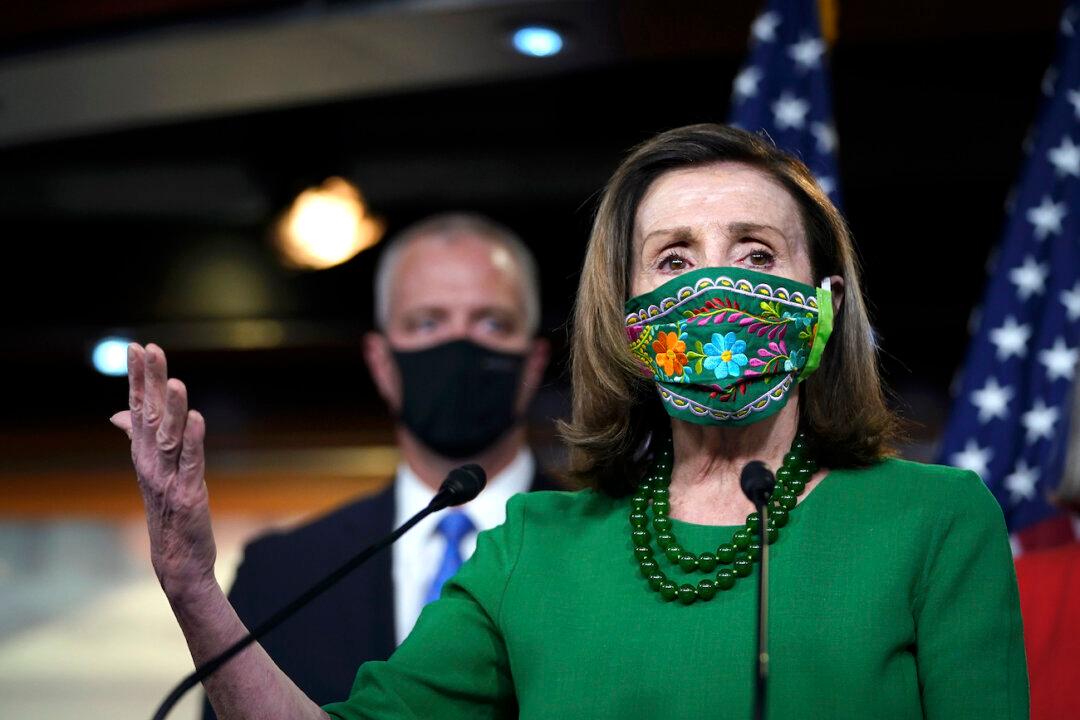The House of Representatives in the early hours of Saturday passed a $1.9 trillion relief package that closely resembles President Joe Biden’s American Rescue Plan. It now moves to the Senate for another vote.
The package includes $1,400 direct payments to most Americans and a $20 billion national plan to vaccinate against the CCP (Chinese Communist Party) virus, which causes COVID-19.




